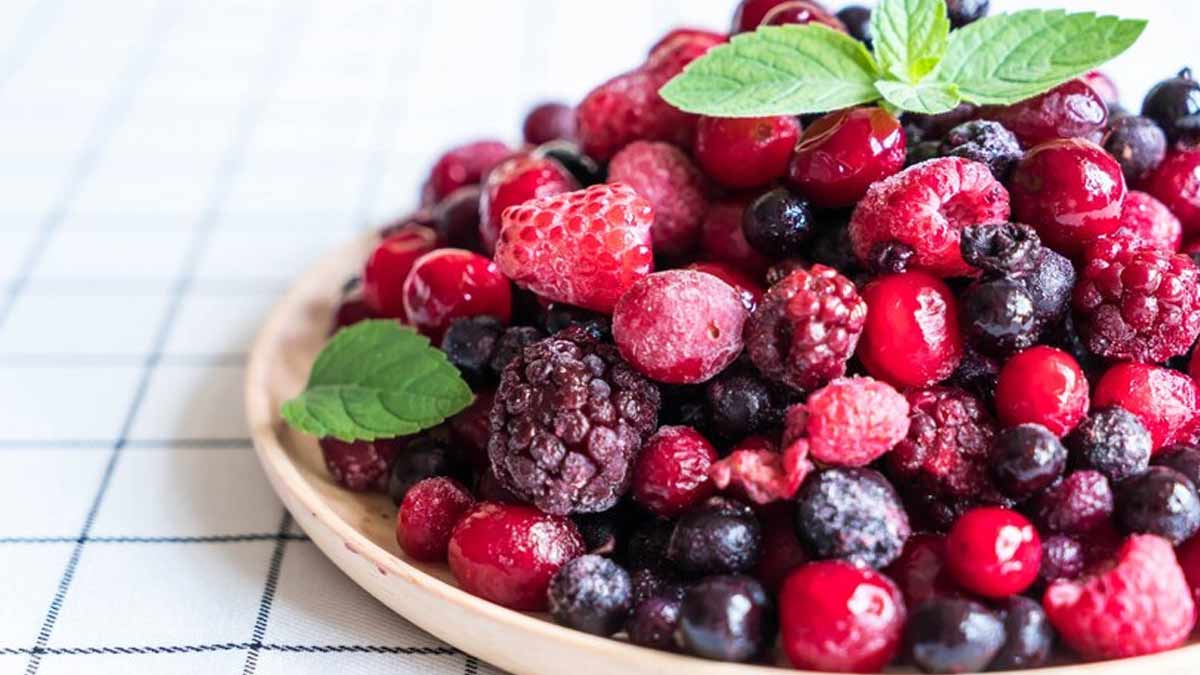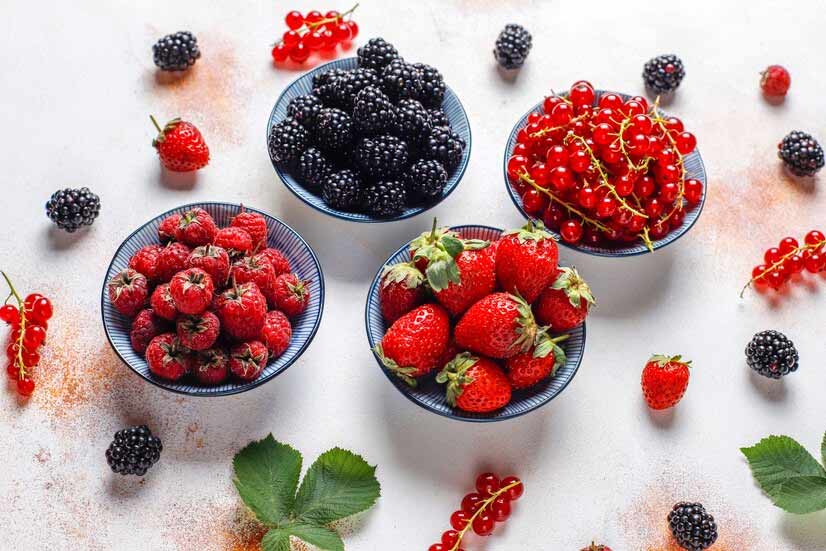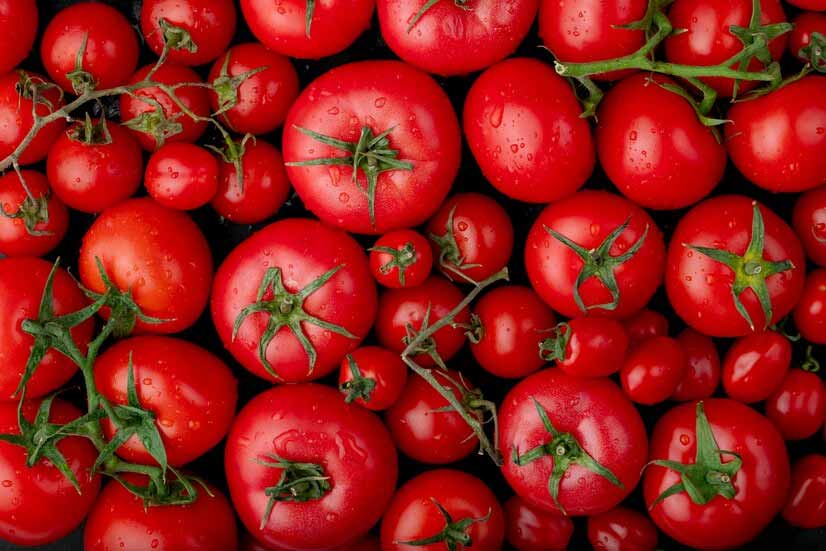
Indeed, the foods you eat can positively influence fertility. Although no single diet can ensure pregnancy, your dietary and lifestyle choices are vital to the reproductive health of both men and women. If fertility challenges persist, it’s crucial to seek advice from a healthcare professional, as there might be underlying issues that need medical intervention.
For more insight, we consulted Lena Bakovic, a skilled Registered Dietitian Nutritionist with over eight years of experience at Top Nutrition Coaching. She highlighted several foods that can enhance fertility and promote women’s reproductive health.
Lena shared that antioxidant-rich foods, like vibrant fruits and vegetables, have been widely researched for their overall health benefits, including their role in supporting reproductive health. Antioxidants help eliminate free radicals from the body, which, if present in excess, can be harmful to both eggs and sperm. She also highlighted four specific food items that can be consumed to enhance reproductive health.
Fruits and berries rich in antioxidants, such as vitamin C and folic acid, are essential for healthy fetal development post-conception. Raspberries, blueberries, and strawberries are packed with natural antioxidants and anti-inflammatory phytonutrients, both of which play a significant role in boosting fertility in both men and women.

Leafy greens are incredibly powerful when it comes to enhancing fertility. Kale, in particular, is rich in key nutrients like folate, iron, calcium, and antioxidants, all vital for reproductive health. Folate supports healthy ovulation and is crucial during the early stages of pregnancy, as it aids in the proper formation of the neural tube, helping to reduce the risk of birth defects.
Don't Miss: Can Men Get Infections From Period Blood? Debunking Myths About Menstrual Sex
Kale is one of the top fertility-boosting foods due to its high content of folate, iron, calcium, and manganese, all of which contribute to the health of red blood cells and overall reproductive well-being. Adding kale to your diet is simple and versatile—it can be enjoyed in salads, smoothies, sautés, soups, or even baked into crispy kale chips.
Tomatoes are rich in vitamins A and C, making them a nutritious addition to any diet. Additionally, they are packed with lycopene, a powerful phytochemical responsible for the vibrant red hue in many fruits and vegetables. Lycopene is particularly beneficial for reproductive health, as it has been shown to support sperm count and motility in men.

In women, lycopene may help reduce the risk of certain reproductive health issues, such as endometriosis and certain cancers, by fighting oxidative stress in the body. Including tomatoes in your diet can, therefore, play a vital role in maintaining overall reproductive health for both men and women.
Don't Miss: 5 Amazing Health Benefits Of Sabja Seeds You Should Know
Omega-3 fatty acids are well-regarded for their positive effects on reproductive health. Foods rich in omega-3s, such as fish like tuna and salmon, are particularly beneficial. Fish is often recommended as one of the top foods for women who are trying to conceive. The Environmental Protection Agency (EPA) and the Food and Drug Administration (FDA) advise women who are pregnant or planning to get pregnant to consume 8 to 12 ounces of low-mercury fish each week. This is because fish provides a healthy dose of protein and DHA, a nutrient essential for brain development. Additionally, the omega-3 fatty acids in fish are known to enhance fertility in both men and women.
Keep reading Herzindagi for more such stories.
Credits: Freepik
Also watch this video
Herzindagi video
Our aim is to provide accurate, safe and expert verified information through our articles and social media handles. The remedies, advice and tips mentioned here are for general information only. Please consult your expert before trying any kind of health, beauty, life hacks or astrology related tips. For any feedback or complaint, contact us at compliant_gro@jagrannewmedia.com.